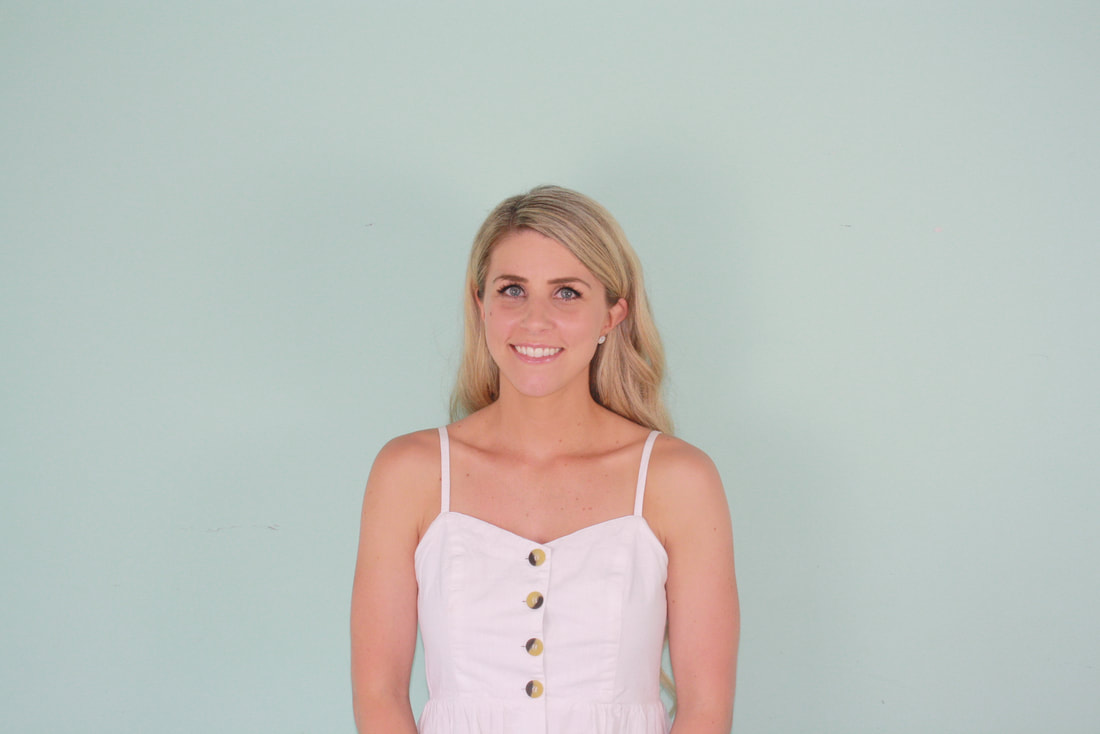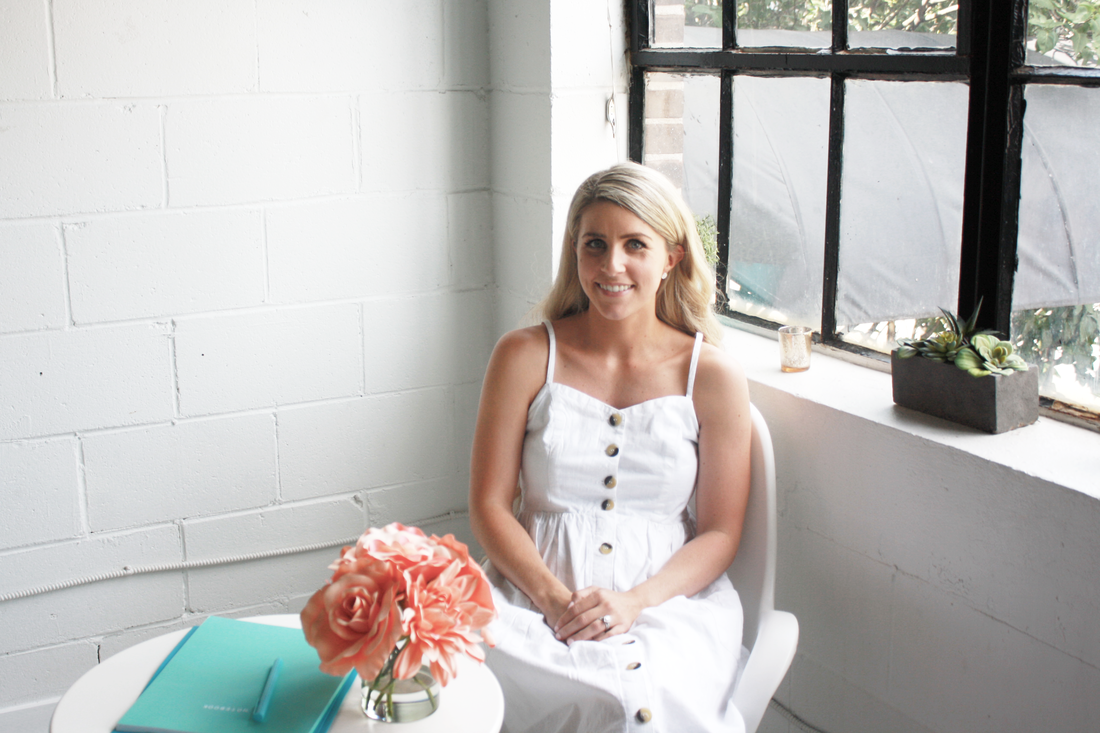|
We sat down with Yoga Mamas' newest counsellor Lisha Cash, MSW, RSW to discuss mental health, her life as a new mama and what she loves about her work. Lisha brings a wealth of knowledge, experience, and skill, to our wellness team and we are happy to be able to continue offering counselling services with her. Lisha is in the studios weekly on Tuesdays from 4:30pm - 8:30pm and Wednesdays from 10:00am - 2:00pm. As well as one weekend a month. Book an appointment or free consultation with Lisha here. Why did you become a social worker? I had initially completed my undergraduate degree in Psychology at York University, with the hopes of eventually becoming a Psychologist. However, it was during that time that I met a professor who inspired me with her work and who I shared many of my career ideas and aspirations with. She informed me that many of my ideologies and the lens in which I viewed social issues were in line with social work. I had never really considered it before, but once she provided more insight into how closely linked it was to psychology and the social issues I wanted to work with, I realized this would be the ideal path for me to take. I had always wanted to work with children, mothers and families in some capacity, but it was that conversation that truly led me down the path of social work. Once I began researching and investing myself into the work, I truly fell in love with all of the components to this career. There are so many different paths you can take, so it is a great field for anyone who is interested in helping others, on so many different levels. What do you love the most about your work? I love that I am able to work with real people. In a world where we never really know what is real and where we consistently compare ourselves to so many others, I am able to sit in a safe space, with amazing women and discuss their life. It is vulnerable, raw, and real. There are both challenges and strengths in this work, but it is truly the most rewarding job. I love witnessing the self discovery that takes place in the room and seeing the change that occurs over time. At times, this can be extremely challenging for my clients and I see the true impact of the work, but overall, it is such a privilege to be working with this population. Each and every one of my clients teach me something new and inspire me to be continue to learn and grow in my practice. If you weren't a social worker, what would you be? I have always had a love for desserts. With that, came a love for baking those desserts. If I could be anything else, I would own and operate a small dessert shop that would feature delicious brownies, cupcakes and cakes (I would include some healthy desserts, as well, for good measure). It would be vital for a coffee and speciality tea bar to also be included in this dream. What message do you hope clients will take away from their time spent with you? I hope clients feel that they are not alone in their experiences. It can feel very isolating at times, and it is important that my clients know they are not alone, it is normal to feel this way, and things will get better over time. Although each of my clients has their own personal history, different perinatal experiences and circumstances that make their journey different from others, there are elements of pre and post natal life that we all share. It is important to know this, to feel comfort in it and recognize that you are not alone. In addition, I hope my clients feel empowered through our sessions. I hope that through these changes, they feel confident in themselves, their support system and how they are managing and coping in their perinatal experience. What's the biggest misconception about counselling?
I believe many people are worried about how it might be perceived if they attend counselling, and this includes their own perception around what exactly counselling is. Thoughts that may pop up include, will this make me look weak? Will other people think I am unhappy about being a parent? Will others think there is something wrong with me? Why do I feel there is something wrong with me? What will the counsellor think if I share how I really feel? There are still so many concerns around judgement from others and/or a counsellor when people consider attending counselling. It is unfortunate that there is still stigma around receiving support, because it is helpful and should only be considered a positive self-care option. There is not much that can be done around outside stigma on a large scale, other than continuing to spread psycho-education about the positive aspects of counselling. Finding a support system that encourages you to attend counselling to meet your needs will be the first step towards combating some of these concerns. In regards to counselling sessions, clients are discussing the most sensitive, vulnerable areas of their lives and it is important they find a counsellor who demonstrates empathy and unwavering support throughout their sessions. As a counsellor, it is my job to ensure that my clients feel safe and supported in this space, without judgement. I do so by always encouraging the client to let me know what they would want out of their counselling journey. Sometimes that is not as concrete and clear as we think, so it is my job to help clients navigate through this journey to figure out what areas of their life they would like to work on. It is my goal throughout this process to provide guidance within our sessions, to listen to my clients, while collaboratively create goals for our work together. It is my hope that this will generate a natural, open, dynamic therapeutic alliance, in which my clients feel safe in sharing their experiences with me and receive the support they need. What's your number one mental health tip for mamas and mamas-to-be? Nourish your mind, body and soul. It can be easy for us mamas to put ourselves on the back burner and make everyone else in our lives the absolute number one priority. In the grand scheme of things, that is an innate motherly quality, to care for others first. However, when we also care for ourselves, we can ultimately provide better care to others. I always like to remind mothers of that. If we are always depleted and deprived, how can we possibly give anymore of ourselves to our family. If we go into it with that mindset, knowing that if we nourish ourselves we inherently are able to nourish others, we make ourselves more of a priority. In addition, we also have to be more accepting of nourishment from others. Sometimes we do not want to ask for help or accept help because we don’t want to seem like they cannot handle it or feel incapable of managing it all. The saying, it takes a village, is hardly recognized anymore but it is the truth. Support systems and communities of people who love and care for you, want to help nourish you. Allow them to. It can seem foreign to us to ask for help, but it can be vital at times. Comments are closed.
|
Categories
All
Archives
July 2024
|
-
Wellness Services
- Wellness Concierge
- Abdominal Massage
- Acupuncture
- Cosmetic Acupuncture
- Cesarean Scar Release Therapy
- Chinese Herbal Medicine
- Chiropractic Care
- Counselling >
- Craniosacral Therapy
- Online EFT Tapping
- Fascial Stretch Therapy
- Home Visits
- Online Holistic Nutrition
- Gua Sha Glow Facial
- Introduction to Solids
- Infant & Kids Massage
- Infant Sleep Consulting
- Kinesiology
- Kinesio Taping
- Lactation Consulting
- Light Therapy >
- Lymphatic Drainage Massage
- Massage Therapy
- Naturopathic Medicine
- Osteopathy
- Pelvic Floor Physiotherapy
- Physiotherapy
- Pediatric Physiotherapy
- Online Speech Language Therapy
- Ultrasound For Blocked Ducts
- Vitamin Injections
- FITNESS
- Doula Care
- WORKSHOPS & EVENTS
- Free Events
- Professional Trainings
- Blog
- SHOP ONLINE
Services |
ABOUT US |
|
A Note About yoga Mamas' Cancellation Policies
Please note that we do not offer refunds. Each event/course/training/wellness appt has it's own specific cancellation policy which is listed on each registration page. Please take the time to read these in full prior to registering. Each event/appointment that we run is in partnership with a practitioner who is focusing their independent career in prenatal and postpartum health. This is their beautiful livelihood. This is why we have these policies in place. Thank you very much for your understanding. Jamie Kalynuik, Founder of Yoga Mamas
[email protected] | 416-406-0116 | 1402 Queen St E Suite D. Toronto M4L 1C9
-
Wellness Services
- Wellness Concierge
- Abdominal Massage
- Acupuncture
- Cosmetic Acupuncture
- Cesarean Scar Release Therapy
- Chinese Herbal Medicine
- Chiropractic Care
- Counselling >
- Craniosacral Therapy
- Online EFT Tapping
- Fascial Stretch Therapy
- Home Visits
- Online Holistic Nutrition
- Gua Sha Glow Facial
- Introduction to Solids
- Infant & Kids Massage
- Infant Sleep Consulting
- Kinesiology
- Kinesio Taping
- Lactation Consulting
- Light Therapy >
- Lymphatic Drainage Massage
- Massage Therapy
- Naturopathic Medicine
- Osteopathy
- Pelvic Floor Physiotherapy
- Physiotherapy
- Pediatric Physiotherapy
- Online Speech Language Therapy
- Ultrasound For Blocked Ducts
- Vitamin Injections
- FITNESS
- Doula Care
- WORKSHOPS & EVENTS
- Free Events
- Professional Trainings
- Blog
- SHOP ONLINE





